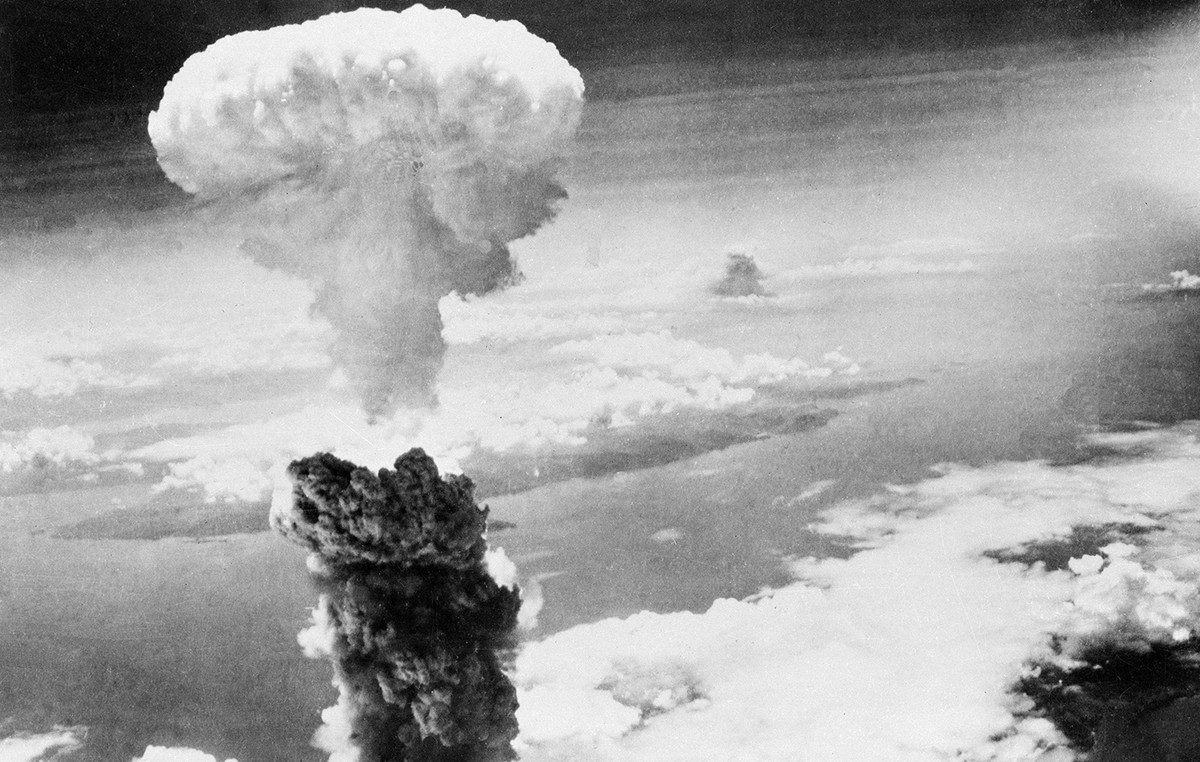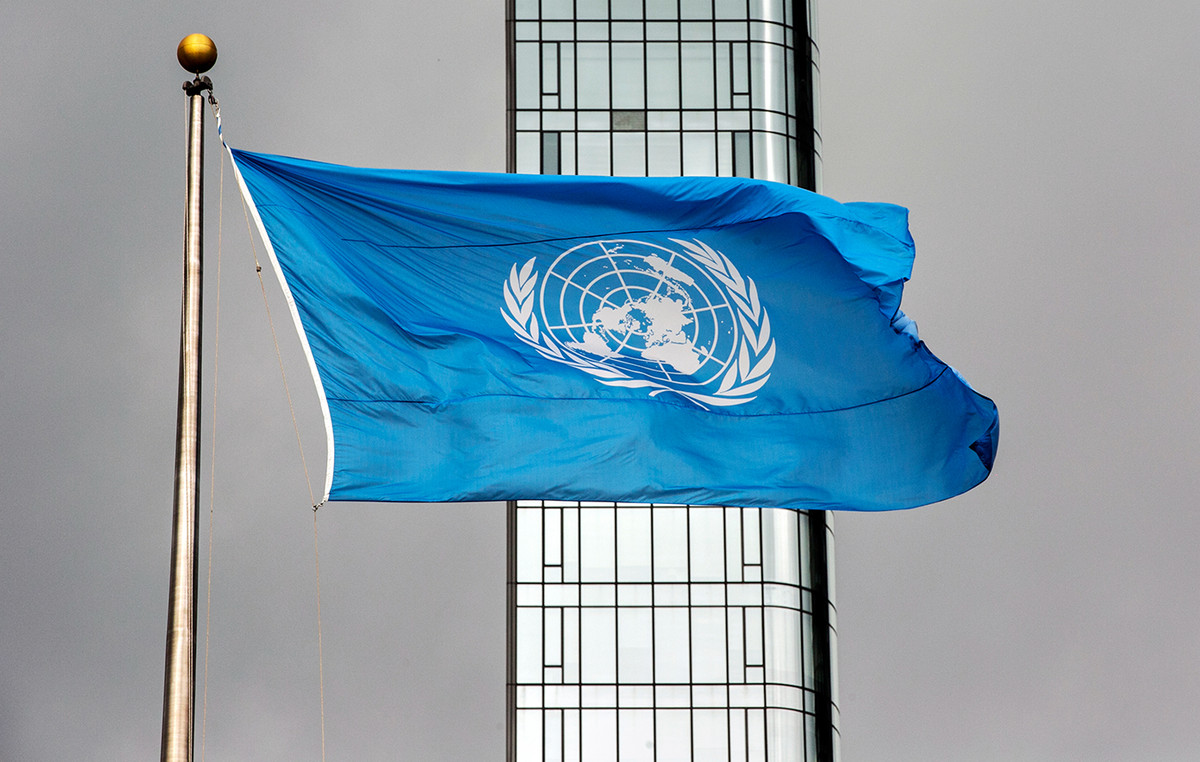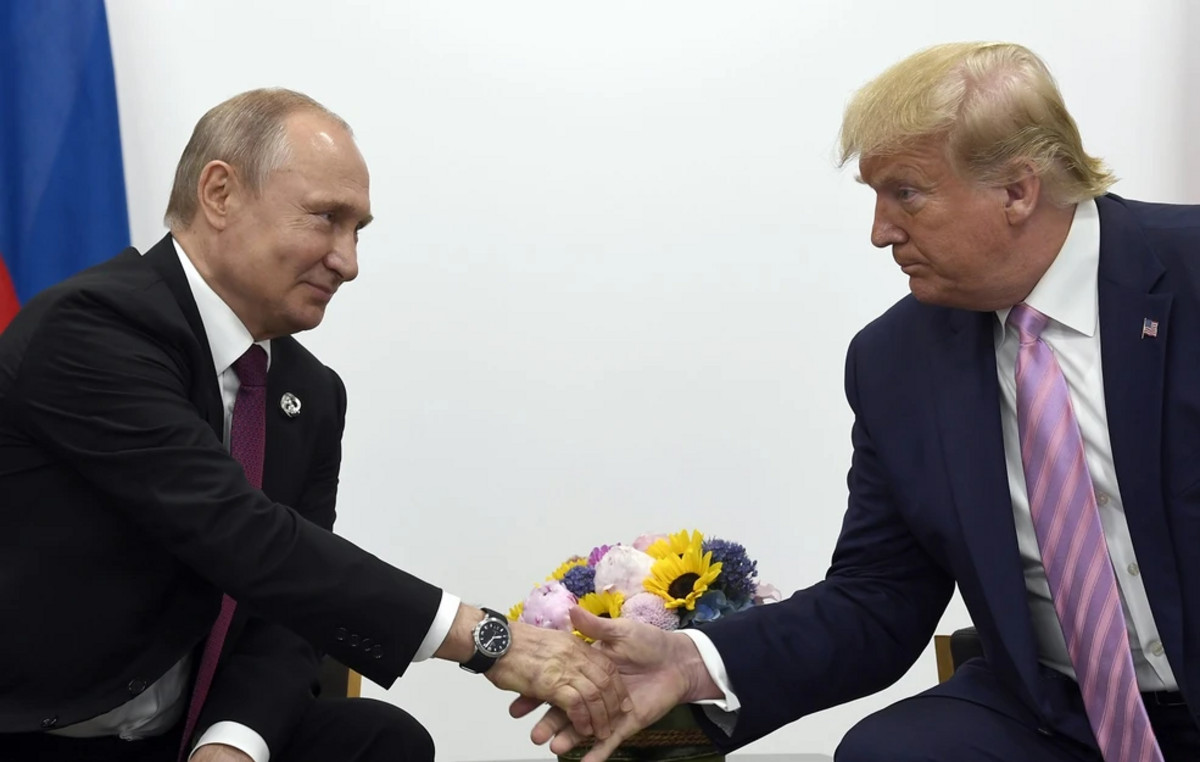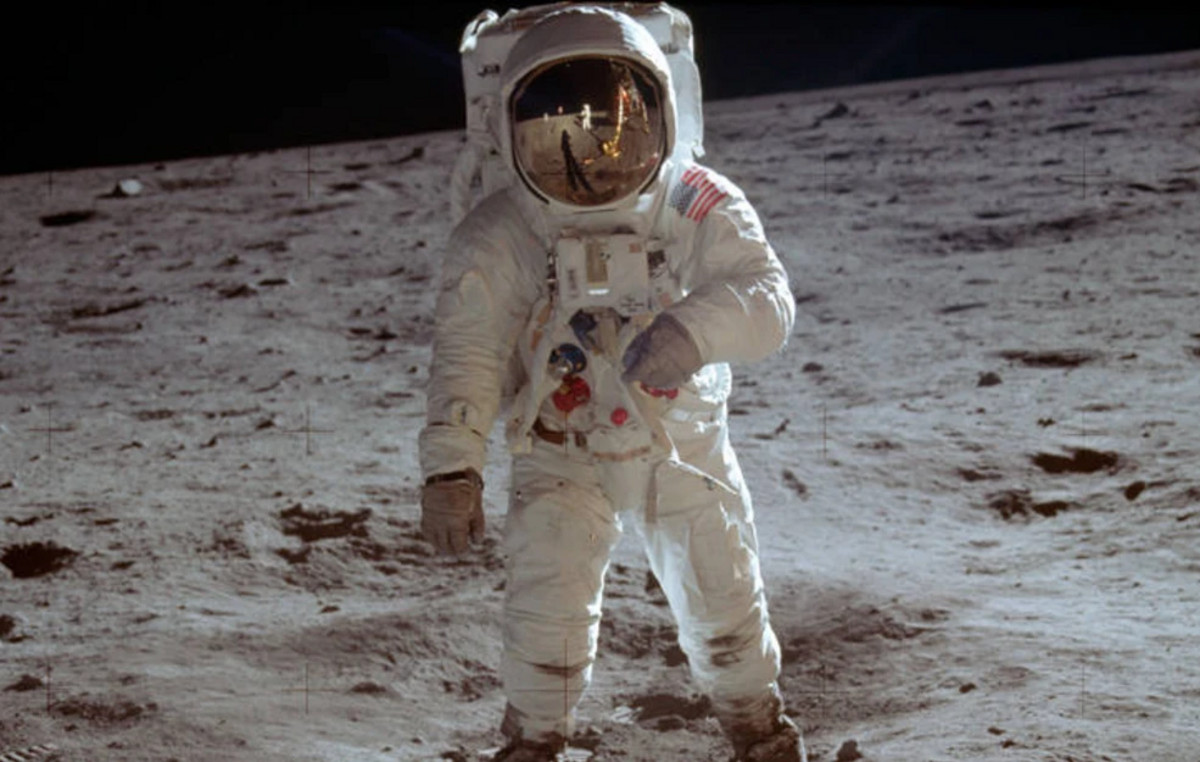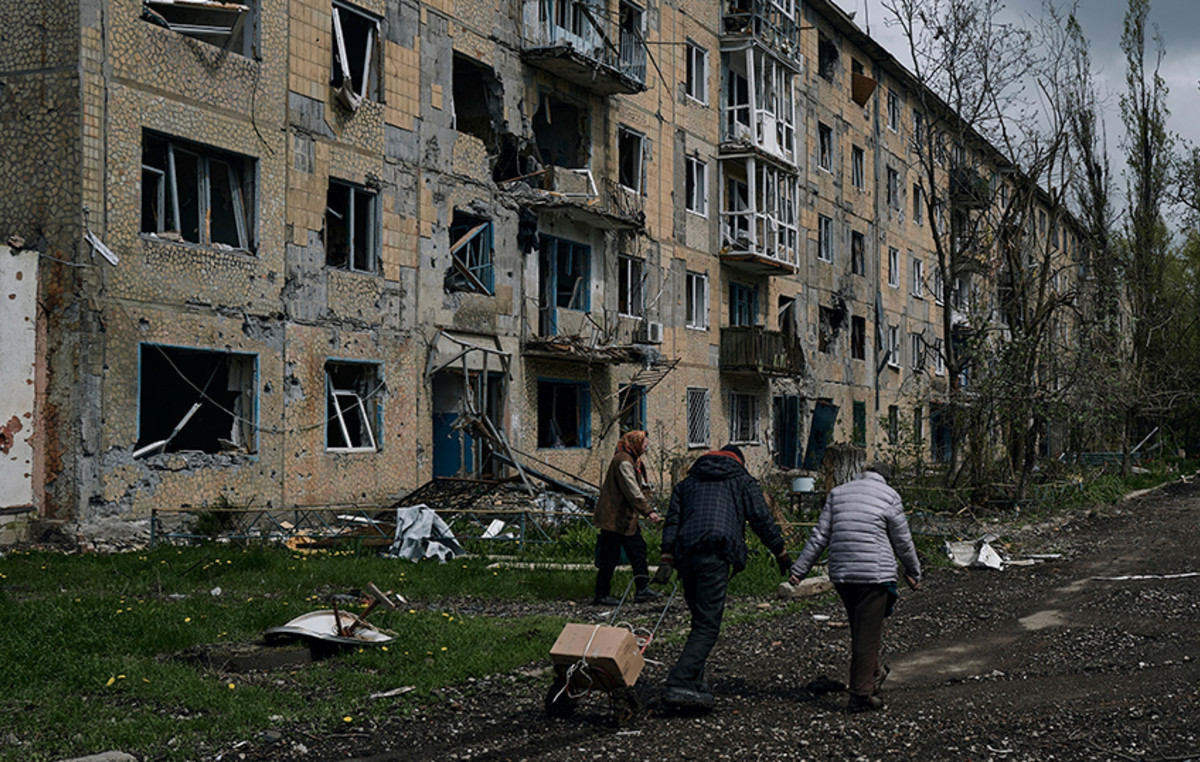Scientists in the United States have discovered a new antibody capable of reducing infection caused by several types of coronaviruses, including SARS-CoV-1 and SARS-CoV-2, responsible for Covid-19.
The study conducted by researchers at Duke University and the University of North Carolina was published in the scientific journal Science Translational Medicine.
To identify the antibody, experts analyzed blood samples from a patient infected with the SARS-CoV-1 virus, which caused the Severe Acute Respiratory Syndrome (SARS) outbreak in the early 2000s, and from a patient infected with the new coronavirus.
When the human organism is invaded by a virus, the immune system produces a series of antibodies capable of binding to specific structures of the microorganism, thus preventing the invasion of human cells and viral spread.
Viruses are simple structures with a high capacity for mutation, which allows the modification of parts of their structure. It is as if the virus gained a new disguise in the face of an alteration. Some of these changes manage to make the microorganism escape the capacity to neutralize the antibodies generated by the organism, which favors, for example, the aggravation of the disease.
Despite this ability to mutate, some parts of the virus remain unchanged. It is precisely at this point that scientists act, in the search for specific antibodies that bind to viral structures that do not change as much and, therefore, are highly effective against different strains of the virus.
In the analysis, the researchers found more than 1,700 antibodies present in the two individuals’ blood samples. At least 50 antibodies had the ability to bind to the two types of coronaviruses, SARS-CoV-1 or SARS-CoV-2.
By investigating the working mechanism of the most potent antibodies, the scientists found that one of them had the ability to bind to a large number of coronaviruses present only in animals, in addition to the two that also infect humans.
According to one of the authors of the study, researcher Barton Haynes, from the Institute of Human Vaccines at Duke University, the antibody has the ability to bind to conserved structures of the coronavirus, even after mutations and in face of variants.
“This antibody binds to the coronavirus at a site that is conserved across numerous mutations and variations. As a result, it can neutralize a wide range of coronaviruses,” Haynes said in a statement.
Animal tests
After isolating the antibody, experts performed a test in mice to determine whether it could effectively block infections or minimize ongoing infections. The antibody was able to both prevent infection and reduce severe pulmonary symptoms in animals.
The application of the antibody before the animals were infected showed protection against the development of Covid-19 and its variants, such as Delta, SARS, and several coronaviruses that infect animals. The use of the antibody after infections revealed an ability to reduce the severe symptoms of the disease, compared to animals that did not receive the treatment.
“Therapeutic activity, even after the mice were infected, suggests that this could be a treatment implanted in the current pandemic, but also stored to prevent the spread of a future outbreak or epidemic with a virus related to SARS,” said David Martinez, PhD researcher in the Department of Epidemiology at the Gillings School at the University of North Carolina, in a statement.
Study analyzes duration of antibodies
Another study, carried out by researchers at Johns Hopkins Medicine, in the United States, showed that the levels of antibodies against the new coronavirus are longer lasting in people infected with the virus who, after the illness, received two doses of vaccines of messenger RNA technology. , like those of Pfizer and Moderna.
The permanence of antibodies was compared to that of people who were not infected and were only immunized. The findings were published in the journal JAMA Network.
For the analysis, researchers followed 1,960 Johns Hopkins Medicine health care professionals who received both doses of Pfizer or Moderna messenger RNA vaccines. Of that group, 73 people tested positive for Covid-19 before receiving the first dose.
The researchers divided people who were diagnosed positive into two groups, the first of individuals who were infected 90 days or less before the first dose, and the second of people who were exposed to the virus more than 90 days before vaccination.
Antibody levels were compared considering the variables of having or not the infection, in the periods of one, three and six months after the second dose of the vaccine. For the two groups with previous infection, antibody levels were also assessed at one and three months after the second dose.
“We found that healthcare professionals with prior SARS-CoV-2 infection followed by two doses of mRNA vaccine – therefore, three independent exposures to the Spike protein – developed higher antibody levels than those with vaccination alone,” said the lead author of the study, Diana Zhong, an infectious disease researcher at the Johns Hopkins University School of Medicine, in a statement.
“The relative differences were 14% greater at 1 month after the second dose of the vaccine, 19% at three months and 56% at six months,” he adds.
Study participants with Covid-19 infection more than 90 days before the first dose adjusted their antibody levels at rates 9% one month after the second dose and 13% higher three months later than those who were exposed to the virus in 90 days or less.
“This suggests that a longer interval between infection and the first dose of vaccine may increase the antibody response,” Milstone said.
However, further studies are needed to determine whether the increased durability of post-vaccination antibodies in previously infected persons is associated with the number of exposures to the virus, the interval between exposures, or the interaction between natural and vaccine-derived immunity.
Reference: CNN Brasil


